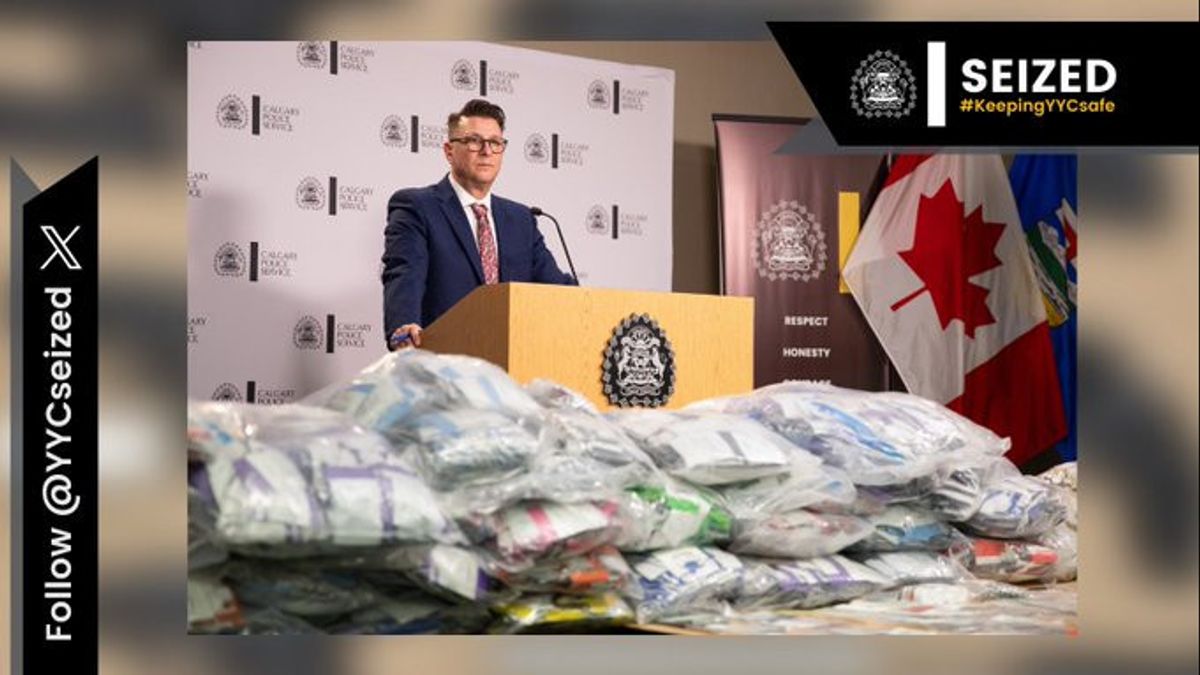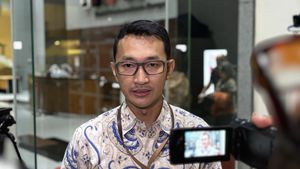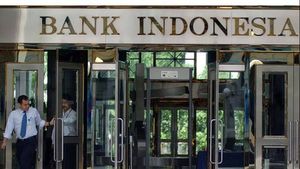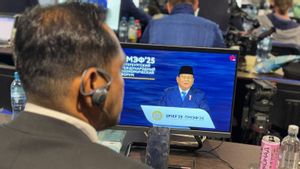JAKARTA - Canada's anti-money laundering agency, Financial Transactions and Reports Analysis Center (FINTRAC), is increasing its dependence on artificial intelligence (AI) to detect suspicious transactions. They hope that the use of the latest technology will be more effective in fighting financial crime.
The FINTRAC attracted attention last month when it sentenced the country's two largest banks - the Royal Bank of Canada and CIBC - to a total of 9 million Canadian dollars (Rp104 billion) for offenses including not filing suspicious transaction reports, recording recordly the largest fines given to individual banks.
In comparison, the agency has raised a fine of USD 23 million in the business sector since gaining authority in 2008.
Canada has a reputation as a law-abiding democracy; think tanks like the CD Howe estimate between 100 billion and 130 billion Canadian dollars are laundered annually in the country.
Donna Achimov, Deputy Director of FINTRAC Supervision, told Reuters that artificial intelligence allows humans with the right mind to analyze more data than ever before and makes it easier to detect suspicious activity.
The federal government has also provided new powers related to national security, helping to increase FINTRAC staff in recent years. The number of staff increased by about 28% in the fiscal year 2023 compared to the previous two years.
SEE ALSO:
These additional resources will help institutions led by Sarah Paquet to work in real-time and reduce the risk of money laundering and terrorist financing.
Achimov said one of the steps forward for the FINTRAC is to use new technologies to find suspicious transactions, or even partner with financial institutions to reduce risks.
Suspicious transactions for the financial year 2022-2023 reached 560,858 compared to 585,853 in the previous year and much higher than the 114,422 reported in 2015-2016.
About 75% of all suspicious transactions between April and September 2023 were reported by financial institutions.
The agency has also significantly increased the frequency of meetings to quarterly events with major banks and has held regular meetings with small and medium-sized banks.
An increase in FINTRAC checks comes at a time when TD faces a rare investigation and a possible fine by the United States Department of Justice over its anti-money laundering practices, shortly after canceling First Horizon's acquisition.
Anti-money laundering experts and law says FINTRAC's decision to name the banks rather than dealing with administrative sanctions behind closed doors shows an increase in law enforcement activities in the future.
"Everyone should look closer... we have to make sure that we have done well, crossed our signs, and we don't let dirty money into our institutions," said Garry Clement, financial crime prevention expert and CEO of Clement Advisory Group.
The English, Chinese, Japanese, Arabic, and French versions are automatically generated by the AI. So there may still be inaccuracies in translating, please always see Indonesian as our main language. (system supported by DigitalSiber.id)


















